

Story Physics: Reaction Beats
Newton’s third law says every action will have an equal but opposite reaction. This is true in stories, too … or at least it should be. How do we get to know characters, even as they flit from one conflict-ridden chase scene to the next? Through reaction beats.

Adding Emotions to Memoir
Stories are memorable because of how they make us feel. Writing memoir means remembering and possibly reliving the emotions tied to the experience. I’ve come to think of it as a two-step process.

How to Write Active Dialogue
Writing dialogue is tricky. It seems like it should be the simplest part of the process, because we’re all familiar with what conversations sound like. There’s a difference, though, between a conversation you might have and how to write active dialogue in your story.

Presenting the Premise
A series of things happening doesn’t make a story. Without a clear premise, readers have no idea what to expect from the story or why they should keep reading. Here's how to establish your premise from the start.
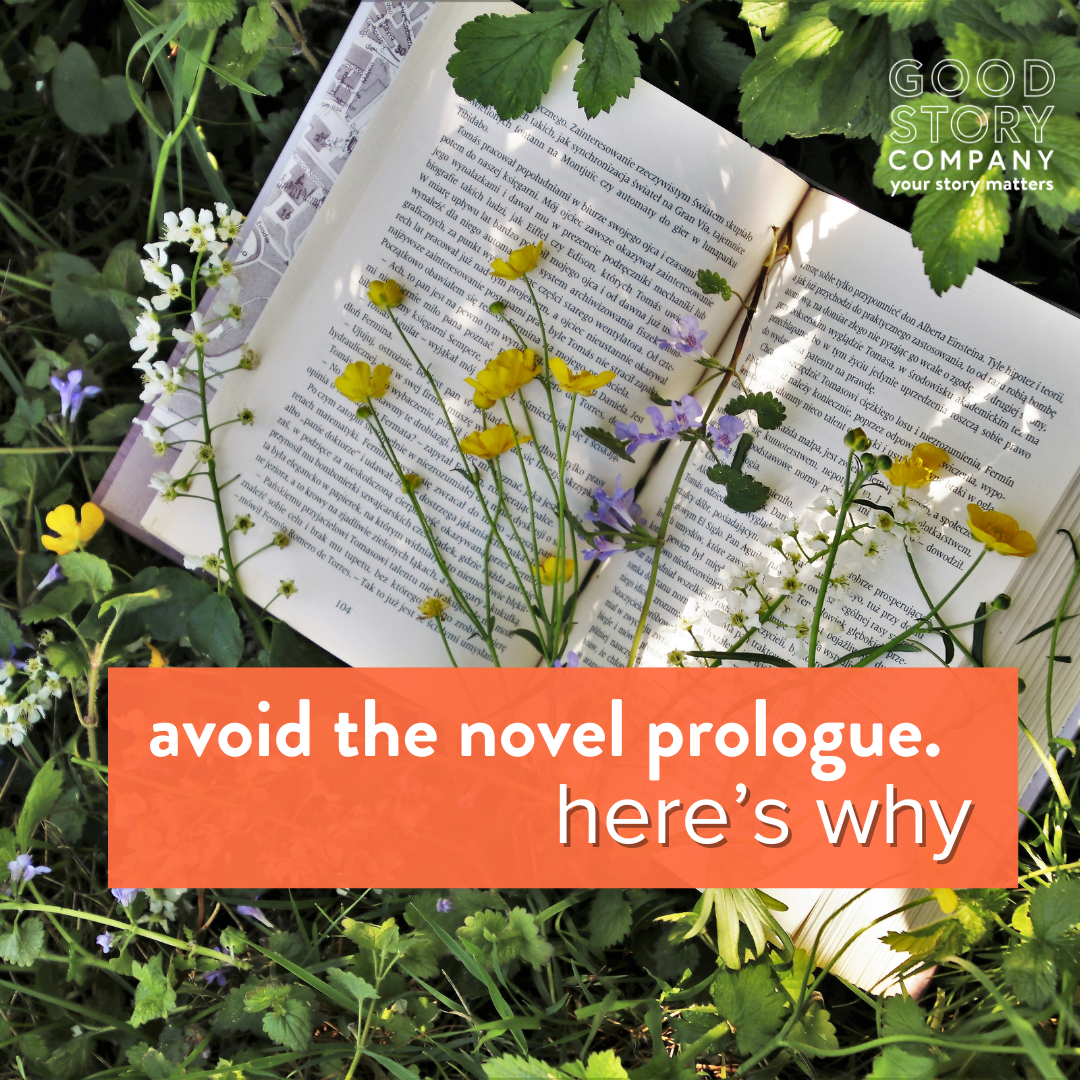
Avoid the Novel Prologue. Here’s Why.
You want to include as little backstory in your opening as possible, yet sometimes you feel you need to explain certain elements to the reader up front, so a prologue seems like an obvious solution. So why do so many people advise against them?

Finding Critique Partners
You’ve typed ‘The End’ on your manuscript, and now you’re ready to get published. Not yet! First, finding critique partners will help you polish your work for submission.
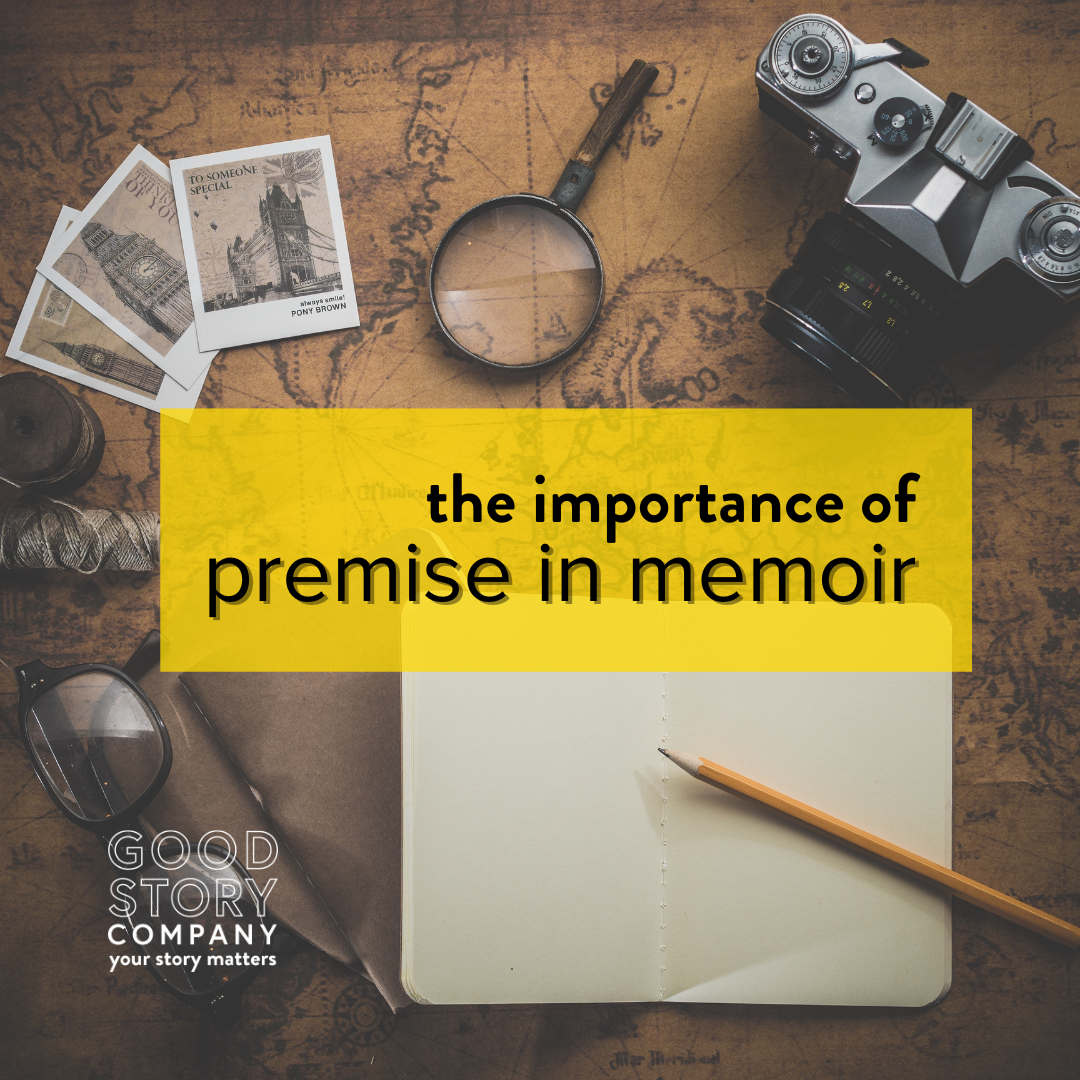
The Importance of Premise in Memoir
Premise is the short summary of your story, also known as the hook or logline, that informs the reader’s expectations of where the story will go. Stay on track and learn how to structure your personal story with strong premise in memoir.

I’m Writing a Novel. Why Should I Bother with an Outline?
To outline or not? Writing projects start with a spark—a character, a scene, a what-if moment. But what happens from there?
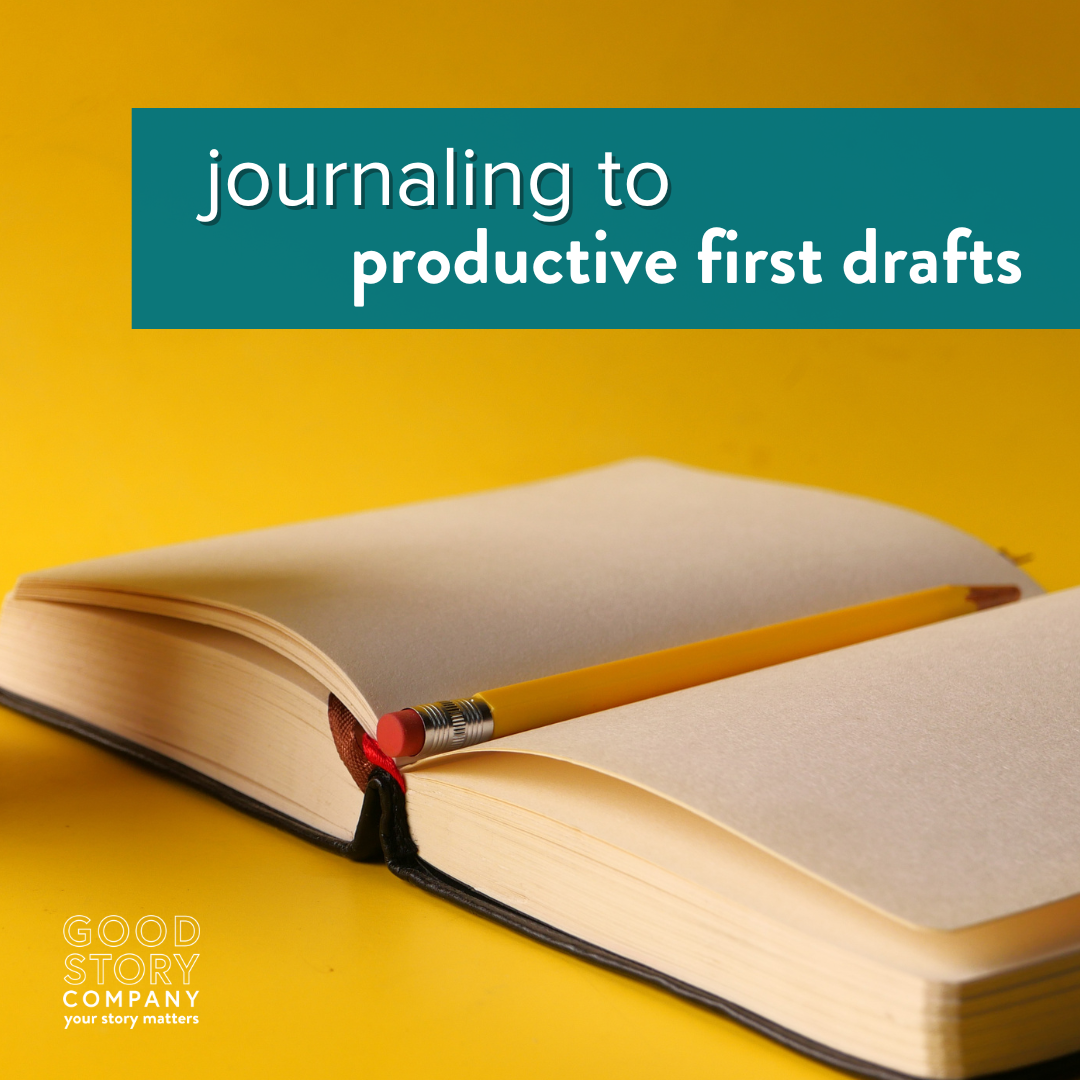
Journaling to Productive First Drafts
In a world where life constantly competes for our time, we don’t have the luxury of writing twelve to fifteen drafts of something before we can say it’s done. We need to work smarter, not longer. We need to write productive first drafts.
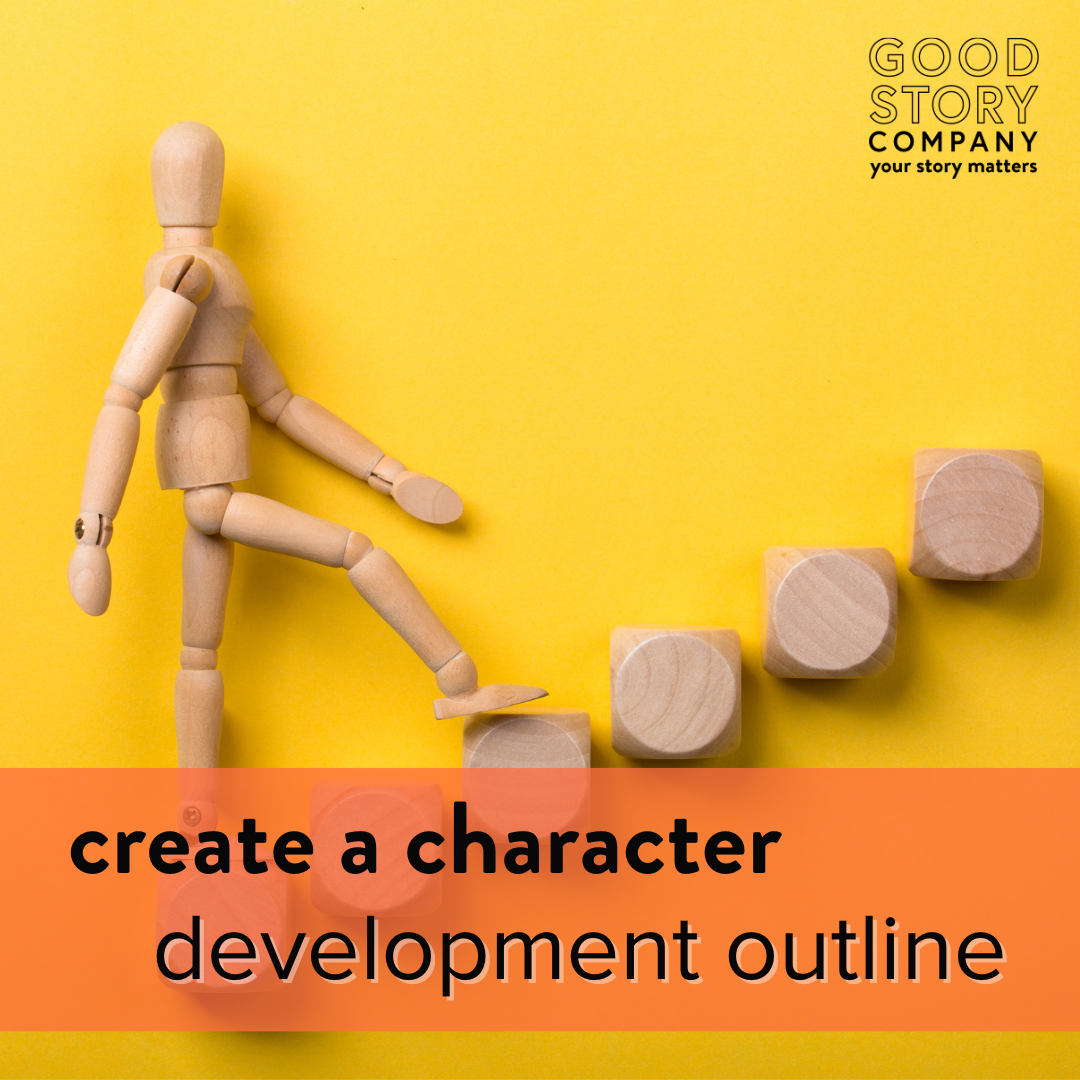
How to Create a Character Development Outline
You’ve probably written a plot outline for your story, but have you written a character development outline? Here are some tips for developing character arc so your character development is as tight as your plot.
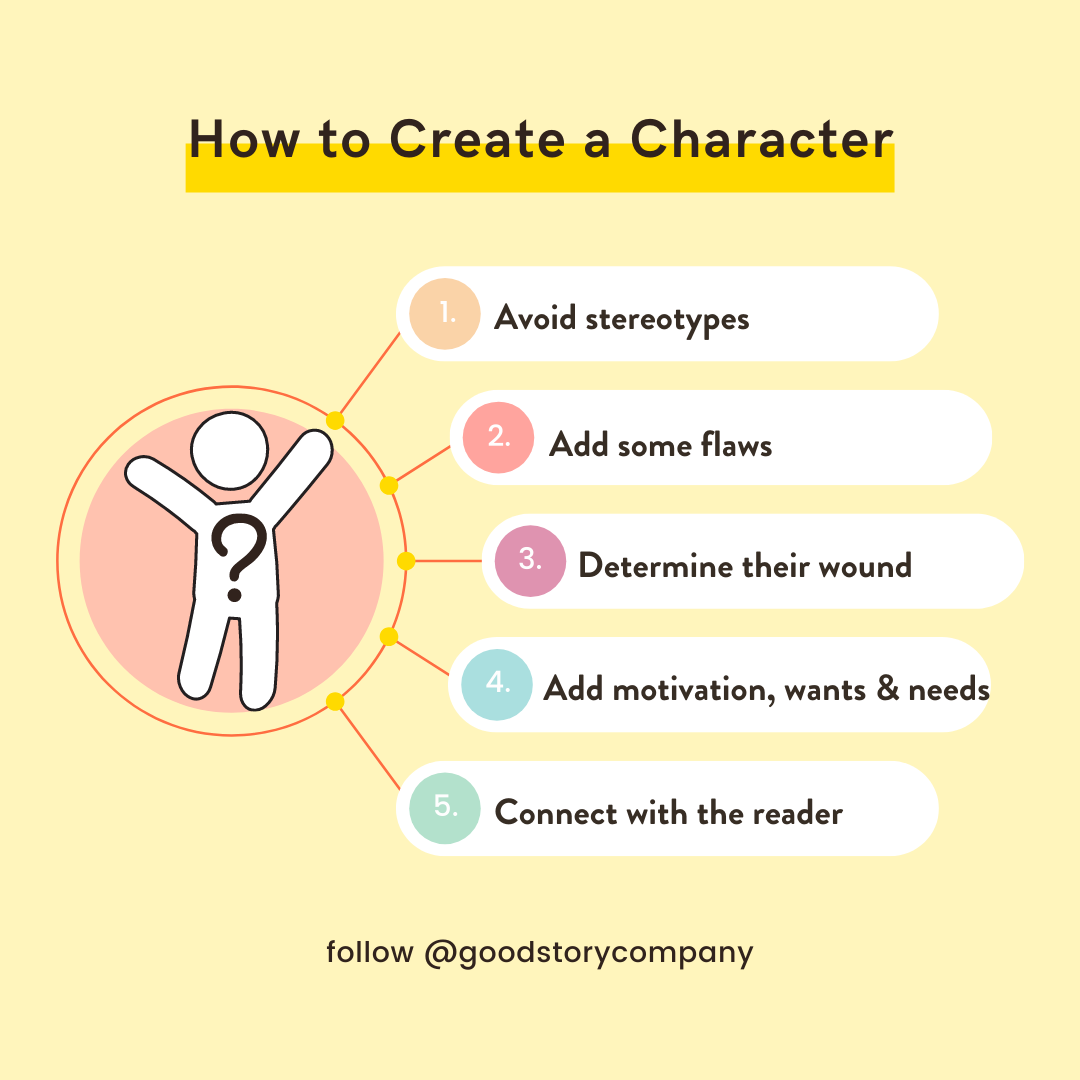
How to Create Characters
So often, story ideas begin with characters. Writers have a picture in their mind of a character they’ve never met, and from there a new story is born. How do we create characters that resonate with readers, though? What needs to go into the mix?

Strategies to Incorporate Agent/Editor Feedback
Once the manuscript has been completed, submitted, and accepted, writers can feel like the bulk of their work is done. It would seem only small corrections should need to be made. Until the agent/editor feedback comes. Use these strategies to incorporate it for stronger work.
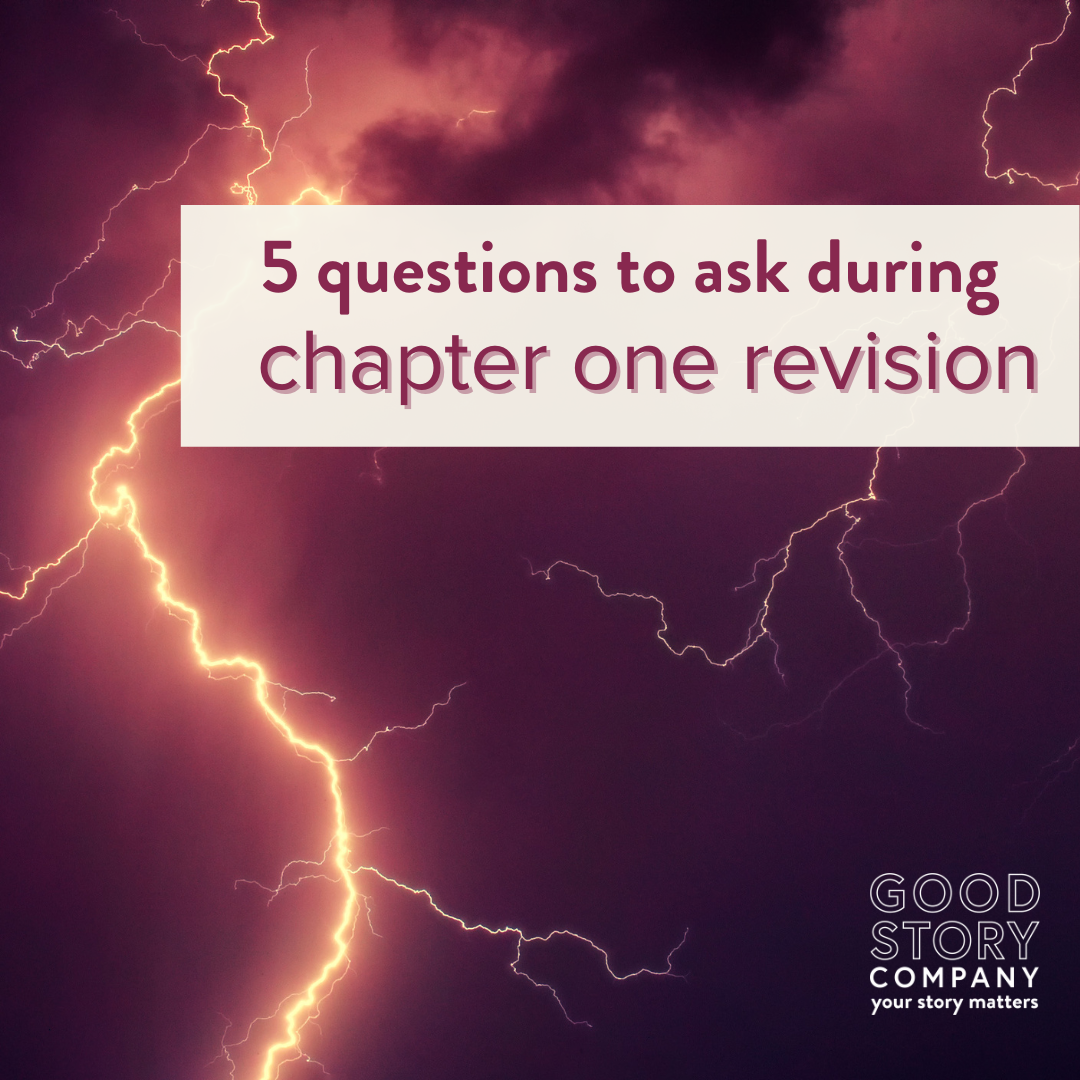
Five Questions to Ask During Chapter One Revision
Once you’ve finished the first draft of your story, it’s time to tackle chapter one revision. Ask yourself the following questions to determine whether your first impression energizes the reader to demand the full story.
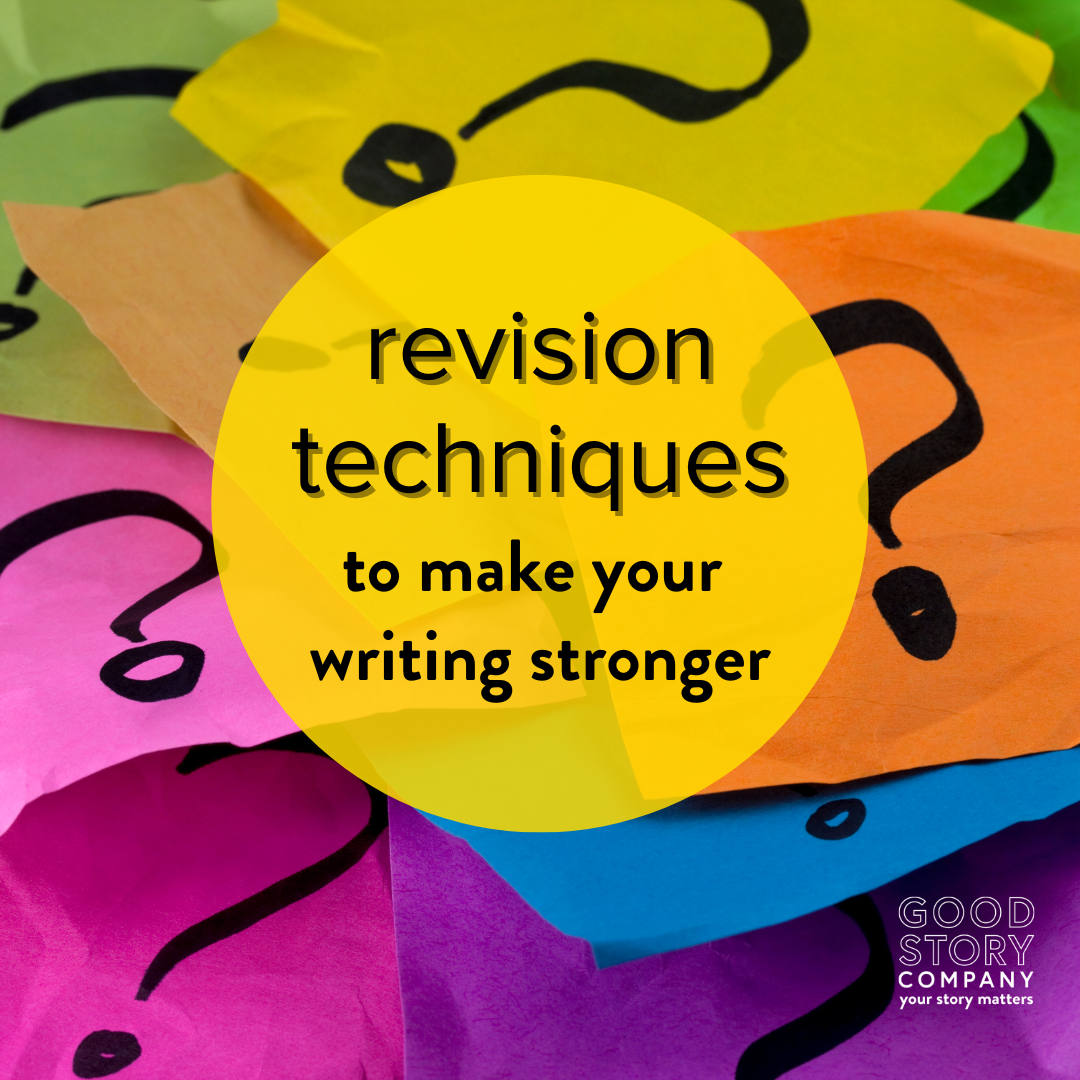
There’s Always a Choice: Revision Techniques to Make Your Writing Stronger
If you've received vague revision instructions like “go deeper," we have some specific revision techniques that'll help you take your work to the next level.

Why is Strong Character Development Important?
Strong character development arcs make better stories. Here are some tips on writing characters that readers will connect with and root for.

Chosen One Stories: Is Your Hero Worthy of the Journey?
The “chosen one” premise is the focus of many books. They're the only person who can save the town, world, or galaxy. But writing a "chosen one" story is harder than it seems. How do you successfully execute this premise?
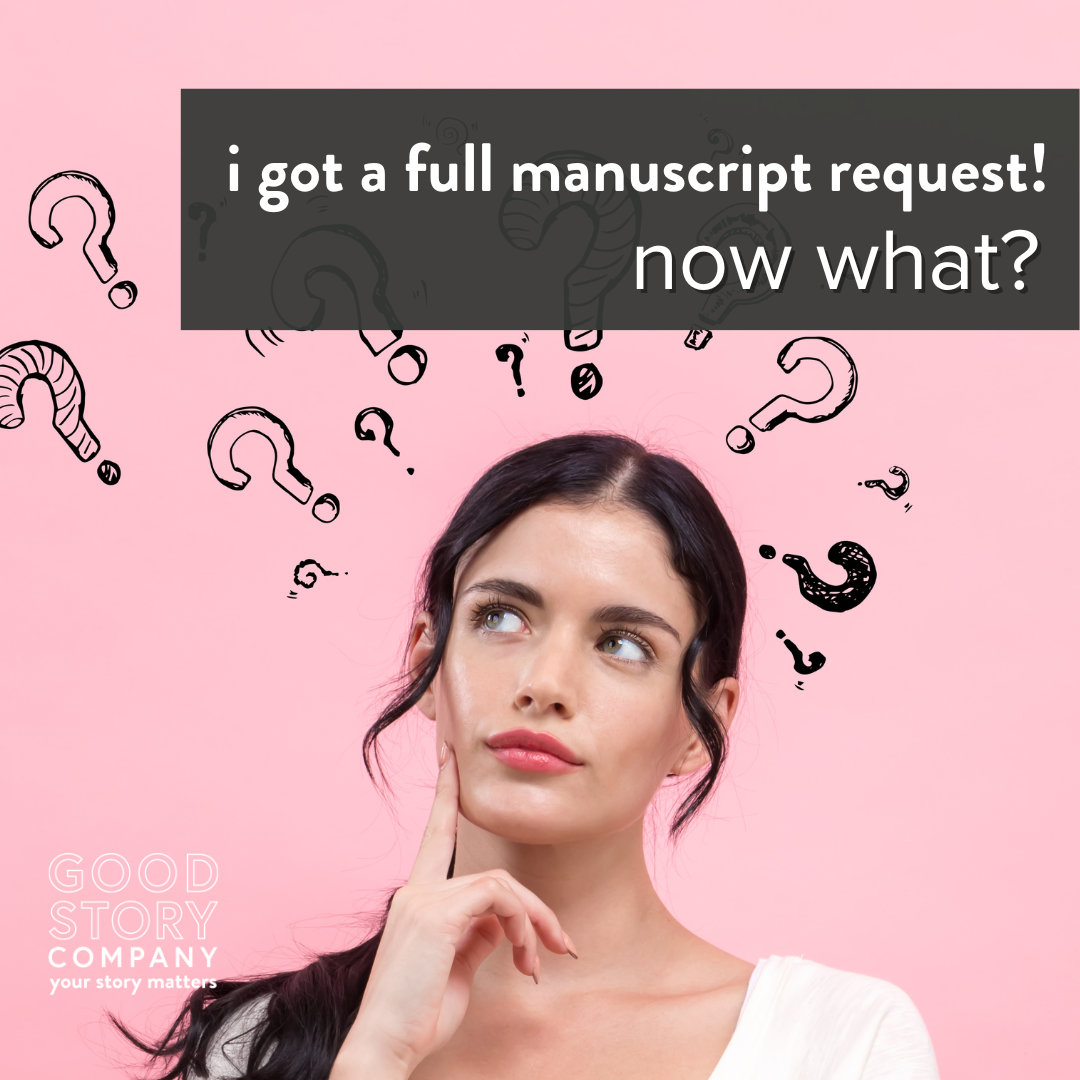
I Got a Full Manuscript Request! Now What?
You got a full manuscript request. Cue the panic. Now, how should you polish an entire novel or memoir for submission so every page sings—without wanting to gouge out your eyeballs? Follow these ten steps!
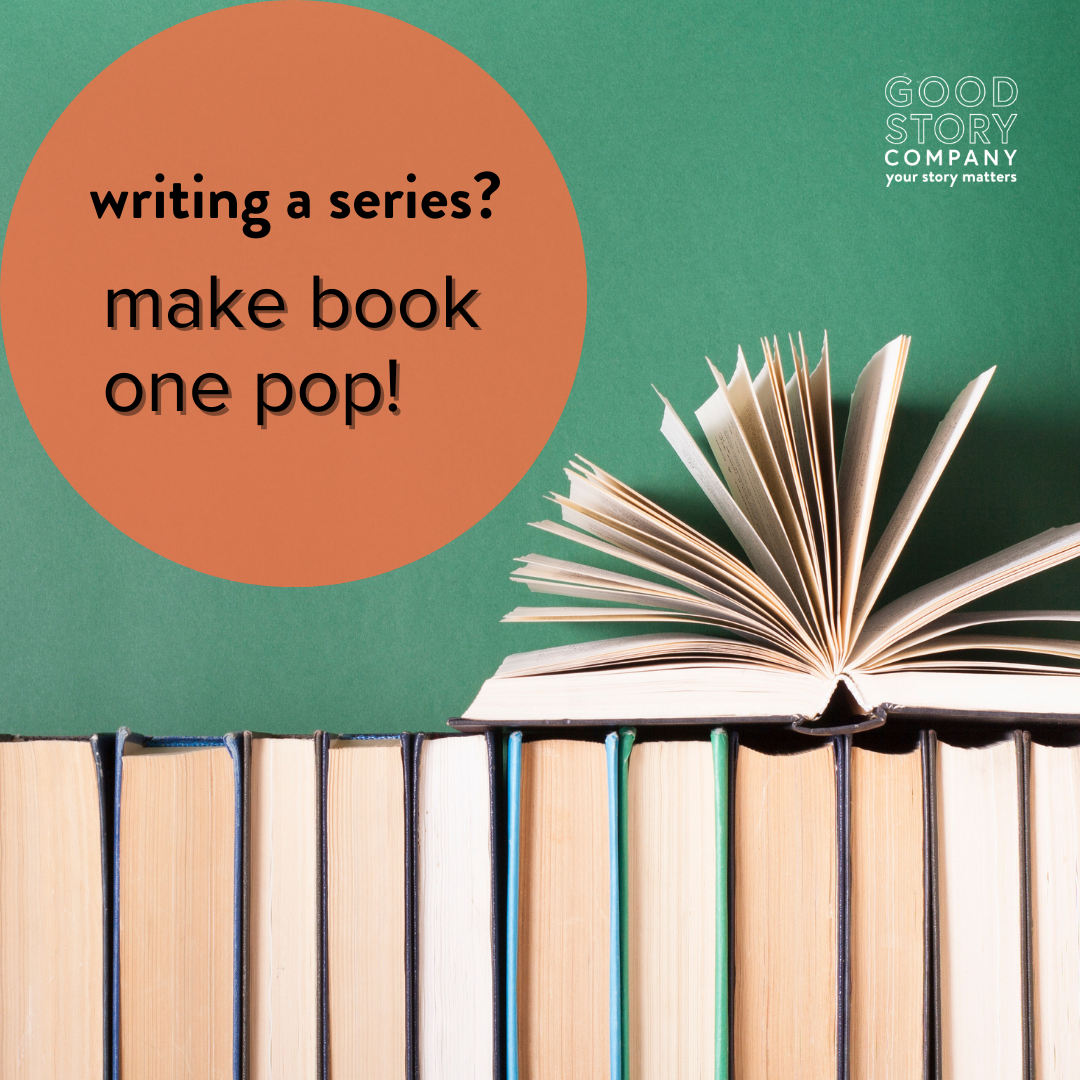
Writing a Series? Make Book One Pop!
Writing a series? You’ll want to pay special attention to making Book One pop. Getting that first book right, though, can be a tall order. Make sure to include the following elements for a captivating Book One.
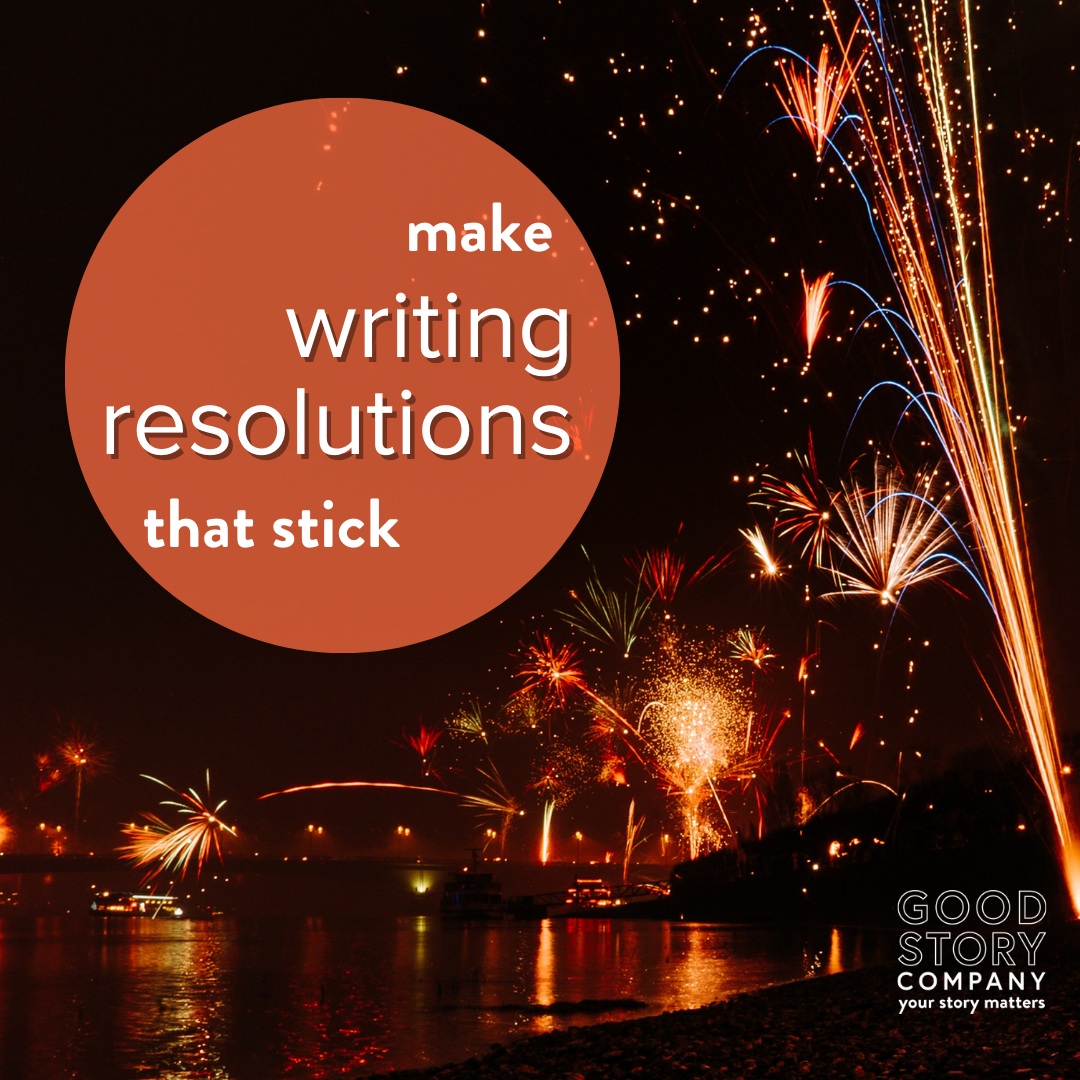
Make Writing Resolutions That Stick
Winter is the perfect season to establish your writing resolutions and form the habits that will lead to better productivity. There is so much you could accomplish in the year ahead! Read on for tips on how to develop—and crush!—your writing resolutions.

Self Care for Writers During the Holidays
The importance of self care is gaining momentum in the world, but this time of year especially, when there are so many demands on our time, it can feel more like selfish care, like everything else is worthier of our attention. But the truth is, if there’s a story inside you, you should tell it. And the only way that will happen is if you make the time.
